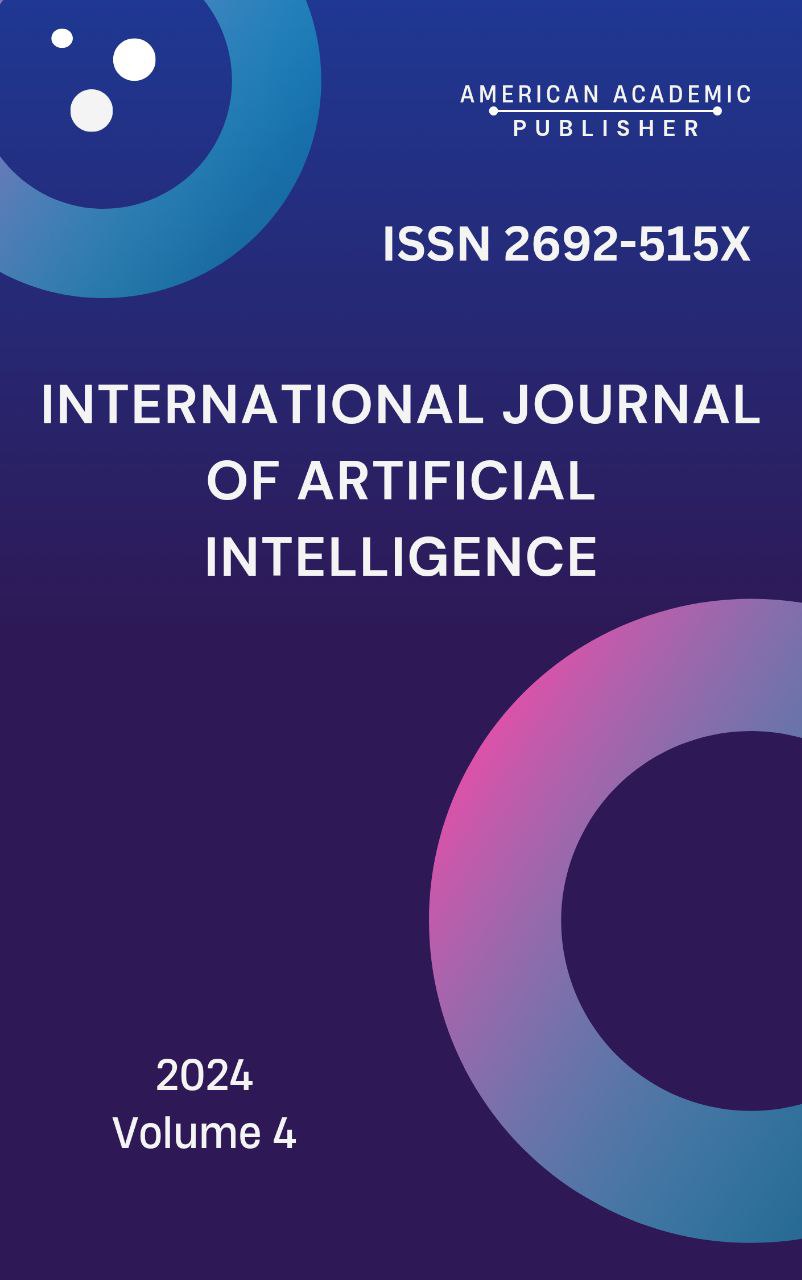 Articles
| Open Access |
Articles
| Open Access | ADDRESSING CULTURAL DIVERSITY IN TESOL CLASSROOMS: STRATEGIES FOR MANAGING CULTURAL DIFFERENCES AND PROMOTING INCLUSIVITY IN LANGUAGE LEARNING
Nodira Qosimova , Assistant Teacher at Zarmed UniversityAbstract
This article explores effective strategies for managing cultural diversity in TESOL (Teaching English to Speakers of Other Languages) classrooms. It emphasizes the importance of recognizing cultural differences, promoting inclusivity, and creating an environment where all learners feel valued. The article discusses various methods, including culturally responsive teaching, inclusive curriculum design, classroom activities promoting intercultural communication, and fostering an open, respectful learning environment. Additionally, it addresses the challenges and potential drawbacks of these strategies, offering practical advice for teachers to navigate cultural complexities while ensuring effective language acquisition for all students.
Keywords
Cultural diversity, Inclusivity in language learning, Culturally Responsive Teaching (CRT), Inclusive curriculum design, Intercultural communication, Respectful learning environment, Teacher reflection and professional development, Cross-cultural classroom strategies, Fossilization of cultural biases, Leveraging technology for inclusivity.
References
Gay, G. (2010). Culturally responsive teaching: Theory, research, and practice (2nd ed., pp. 214-217). Teachers College Press.
Banks, J. A. (2006). Cultural diversity and education: Foundations, curriculum, and teaching (5th ed., pp. 205-210). Pearson Education.
Hollins, E. R. (2015). Culture in school learning: Revealing the deep meaning (pp. 110-115). Routledge.
Nieto, S. (2010). The light in their eyes: Creating multicultural learning communities (pp. 112-117). Teachers College Press.
Kramsch, C. (1993). Context and culture in language teaching (pp. 98-102). Oxford University Press.
Warschauer, M., & Healey, D. (1998). "Computers and language learning: An overview." Language Teaching, 31(2), 156-160.
Ibragimovich, S. F. COGNITIVE PROCESSES IN INTERPRETING.
Qosimova, N. (2024). CHALLENGES AND OPPORTUNITIES FOR TESOL PRACTITIONERS IN UZBEKISTAN. Инновационные исследования в науке, 3(9), 5-9.
Qosimova, N. (2024, September). THE EVOLUTION OF ENGLISH LANGUAGE EDUCATION IN UZBEKISTAN. In Международная конференция академических наук (Vol. 3, No. 9, pp. 5-9).
Qosimova, N. (2024, December). INTEGRATING TECHNOLOGY IN TESOL CLASSROOMS. In International Conference on World Science and Resarch (Vol. 1, No. 3, pp. 93-101).
Shermatov, F. I. (2024, December). THE IMPACT OF TECHNOLOGY ON INTERPRETER'S SKILLS. In International Conference on World Science and Resarch (Vol. 1, No. 3, pp. 84-92).
Ibragimovich, F. S. (2025). METHODOLOGY FOR PREPARING UNDERGRADUATE STUDENTS OF FOREIGN LANGUAGE INSTITUTIONS FOR THE IELTS EXAM. ANALYSIS OF MODERN SCIENCE AND INNOVATION, 1(5), 289-292.
Ibragimovich, F. S. (2025). METHODOLOGY OF TEACHING IELTS READING AND LISTENING SKILLS: INTERACTIVE APPROACHES IN HIGHER EDUCATION. MODERN PROBLEMS IN EDUCATION AND THEIR SCIENTIFIC SOLUTIONS, 1(5), 274-277.
Ibragimovich, F. S. (2025). METHODOLOGY OF PREPARING LANGUAGE UNIVERSITY STUDENTS FOR IELTS WRITING. JOURNAL OF INTERNATIONAL SCIENTIFIC RESEARCH, 2(3), 332-335.
Shermatov, F. (2024). SPECIALIZED INTERPRETING SKILLS. Развитие и инновации в науке, 3(9), 5-9.
Article Statistics
Downloads
Copyright License

This work is licensed under a Creative Commons Attribution 4.0 International License.

